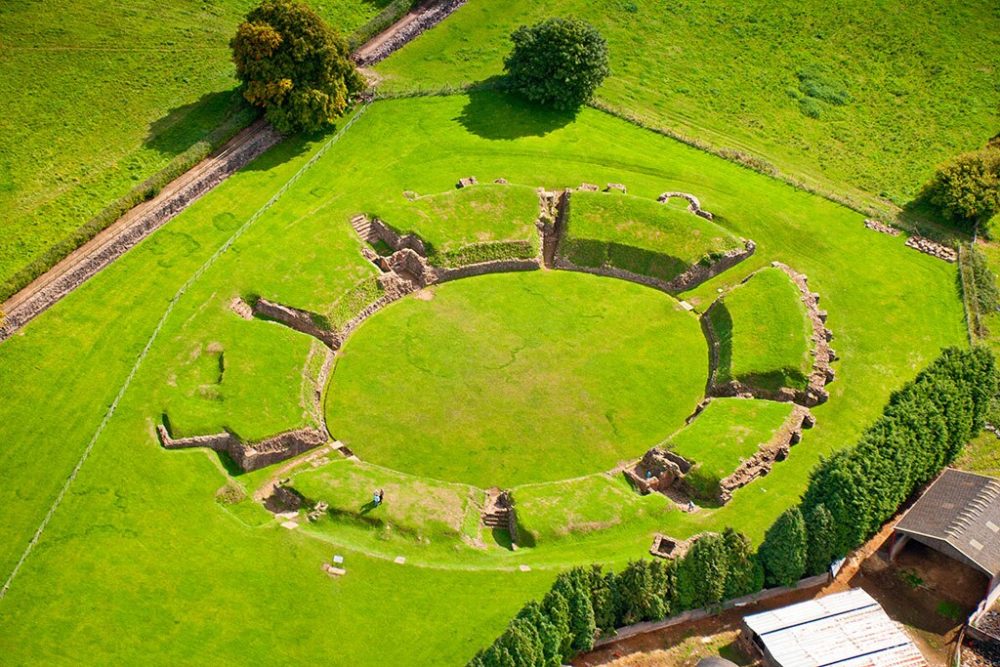New project will aim to ‘maximise the potential’ of Caerleon’s Roman past

Nicholas Thomas, local democracy reporter
A new partnership is expected to be announced later this week to “maximise the potential” of Caerleon’s Roman heritage.
The town bears the remains of a legionary fortress occupied by the Romans around two thousand years ago, during their conquest and colonisation of Britain.
A Newport council report describes these “assets” in Caerleon as being of “international importance” and attracting a “significant numbers of visitors”.
Council leader Jane Mudd is expected to approve a new “formal partnership” with heritage organisation Cadw and museums service Amgueddfa Cymru that will “maximise the visitor offer” and encourage tourists to “explore” the town, and wider Newport.
Vision
The draft vision of the new partnership is “to enhance the quality of the Roman and Romano-British heritage experience for the local community and visitors, enabling learning and discovery in a joined-up, inclusive and sustainable way”.
A new governance board will comprise two members of each organisation, as well as two “community representatives”.
That will oversee a steering group set up to achieve the “vision” of boosting tourism in Caerleon.
The partnership will also aim to make the town a “centre of conservation skills excellence, and raising awareness of the importance of heritage sites to reduce local vandalism”.
Damage
Several incidents of damage have been reported at Caerleon’s Roman amphitheatre in recent years.
According to the council report, the proposed partnership will “ensure the assets and heritage of Caerleon are recognised, promoted and managed for the benefit of residents and visitors in a collaborative way for the long term”.
Cadw is the Welsh Government’s historical organisation, and the government also sponsors the charity Amgueddfa Cymru – also known as the National Museum of Wales – which runs Caerleon’s National Roman Legion Museum.
Both organisations already play a “key” role in “the direct management and promotion of historic assets” in Caerleon, the council said, and the intention behind the new arrangement would be to build upon the current tourism offer in the town.
Newport Council would not be expected to initially spend any extra money if it joins the new partnership, but the authority’s chief financial officer noted there was the “potential for a contribution to be required in the future”.
The “implications” of such spending would “need to be considered in detail”, because the council’s capacity for further borrowing is “severely restricted given the current funding climate”, the officer warned.
Cllr Mudd is expected to endorse the new partnership later this week.
Support our Nation today
For the price of a cup of coffee a month you can help us create an independent, not-for-profit, national news service for the people of Wales, by the people of Wales.








We need a new project that will maximise the potential of Cymru’s future !
Oooh, calling it the National Museum of Wales will upset the politically correct/dubious about Wales within the Labour Party who prefer the much more ambiguous National Museum Wales, (Hence Amgueddfa Cymru rather than the original, and correct to my mind, Amgueddfa Genedlaethol Cymru). I’m also wondering how long it will be before ‘added value’ is introduced in the form of the trampolines and zip wires that have dumbed down other heritage sites in Wales – indeed, the amphitheatre would form a great basis for a giant-sized trampoline! I’m also wondering how welcoming the good citizens of Caerleon will be when… Read more »